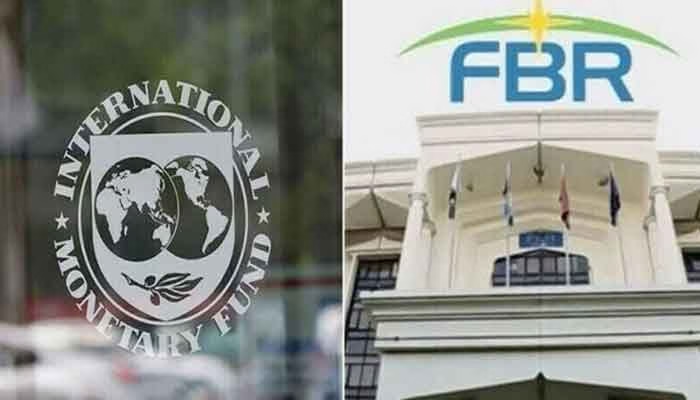The recent agreement between Pakistan and the International Monetary Fund (IMF) has had a notably positive impact on Pakistan’s economic outlook, especially on the Pakistan Stock Exchange (PSX). After months of economic uncertainty, the IMF approved a $7 billion bailout package for Pakistan, lauding the country’s efforts in implementing much-needed economic reforms. This development has energized the PSX, as the market responded with an optimistic rally, reflecting the renewed confidence of investors.
IMF Praises Pakistan’s Economic Reforms
On Monday, IMF Managing Director Kristalina Georgieva congratulated Pakistan’s government and citizens, acknowledging the country’s progress toward stabilizing its economy. She highlighted that the reforms undertaken by Pakistan have helped in the recovery of its economy and noted improvements in economic growth and a decline in inflation. Georgieva emphasized that the reforms are taking Pakistan in the right direction, which is a major factor in the IMF’s decision to support the country with the financial package.
The $7 billion bailout package comes at a critical time for Pakistan, whose economy has been strained by inflation, dwindling foreign reserves, and ongoing political instability. The agreement with the IMF represents a significant step toward securing Pakistan’s financial future, and it has been welcomed with optimism by both the government and financial markets.
Pakistan Stock Exchange Sees a Rally
The positive effects of the IMF deal have been immediately visible in the stock market. The Pakistan Stock Exchange (PSX), one of the country’s primary indicators of economic health, saw a significant uptick in activity following the announcement. Investors were buoyed by the news, resulting in a surge in the market’s benchmark 100 Index.
At the start of the trading session on Tuesday, the 100 Index rose by 658 points, bringing it to a new record high of 82,905 points. The day’s rally continued the upward trend that began on Monday when the index saw a 764-point increase, closing at 82,247 points. The bullish sentiment among investors signals confidence in Pakistan’s improved economic prospects as a result of the IMF deal.
Trading Activity and Market Capitalization
The trading activity during this period has been robust. On Monday, deals involving 420 million shares were settled, resulting in a transaction value of Rs 18.38 billion. Market capitalization also rose significantly, gaining Rs 99 billion, which brought the total market capitalization to Rs 10,784 billion.
The overall positive performance of the stock exchange reflects the broader optimism in the financial markets following the IMF agreement. Investors seem hopeful that the government’s continued focus on economic reforms, coupled with international support, will lead to long-term stability and growth.
Implications of the IMF Deal
The IMF agreement is crucial for Pakistan as it aims to restore macroeconomic stability, stabilize inflation, and increase growth prospects. The $7 billion bailout package comes with the condition that Pakistan continues its economic reform agenda, which includes reducing government expenditures and promoting private sector growth. The IMF has long advocated structural reforms, which are critical to achieving sustainable growth and reducing the risk of future economic crises.
However, the path forward will not be without challenges. While the IMF bailout provides temporary relief, the government will need to maintain a disciplined approach toward implementing its reform measures. According to Pakistan’s Finance Minister, these reforms could make the IMF’s current program the last one that Pakistan will require if executed effectively.
Future Outlook
The current rally in the stock market, fueled by optimism over the IMF package, is a positive indicator of investor confidence in the country’s economic recovery. However, for this momentum to be sustained, Pakistan will need to focus on long-term economic reforms, boost private sector activity, and carefully manage its fiscal policies.
In addition to financial reforms, Pakistan must also work on improving its governance and addressing structural issues within key sectors of the economy. Doing so will ensure the country can continue to build on the gains achieved through the IMF agreement, allowing for more sustainable growth in the future.
The positive response in the stock market, reflected by the rally in the 100 Index, shows that there is strong belief in the country’s potential to turn its economy around. Investors will be closely watching how the government navigates the challenges of implementing the agreed reforms while maintaining the trust of international financial institutions like the IMF.
With the IMF’s backing and the promise of economic recovery, Pakistan has an opportunity to stabilize its economy and create a more prosperous future for its citizens. The success of these efforts will largely depend on the government’s ability to remain committed to its reform agenda and to continue fostering investor confidence.



